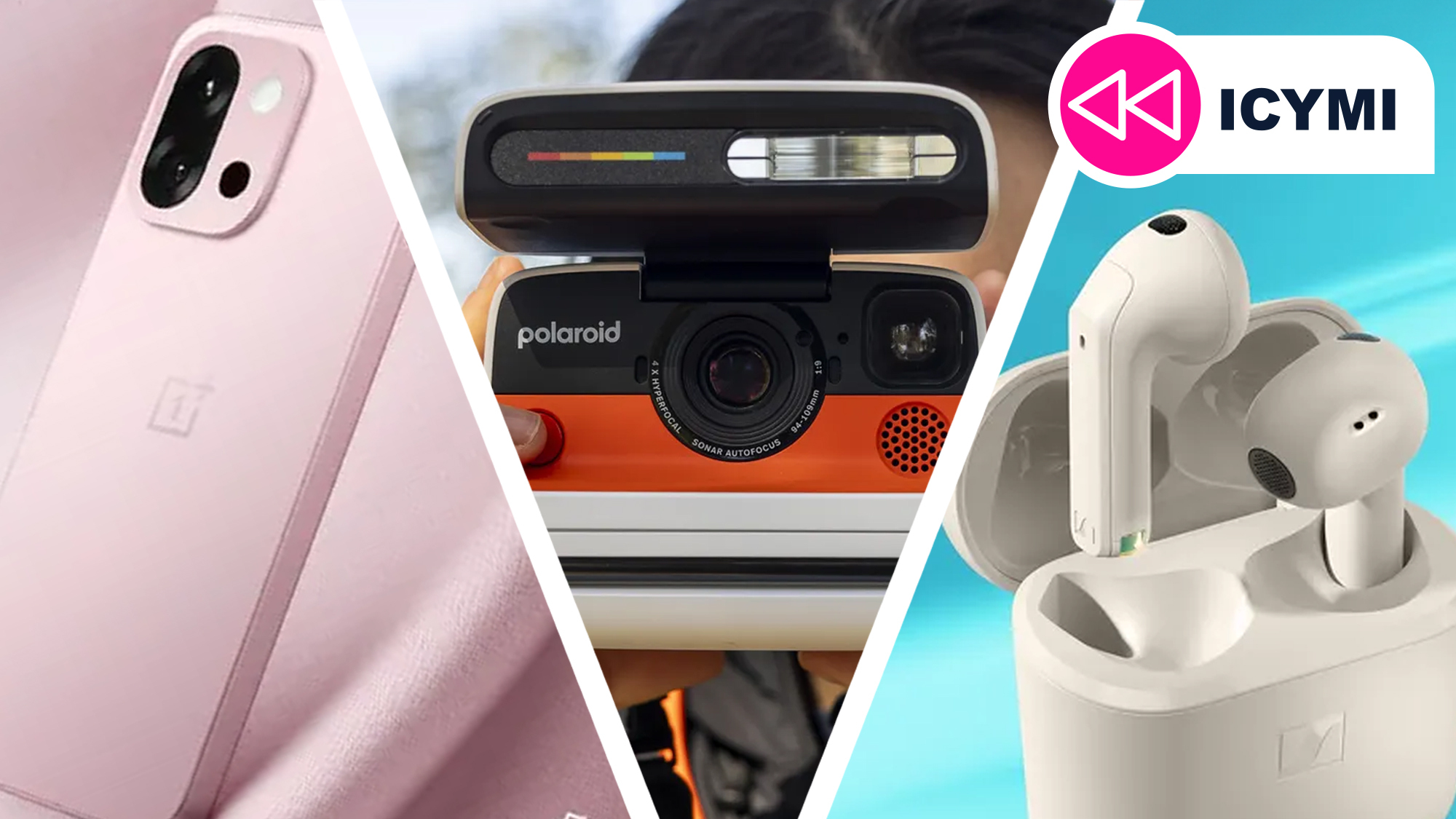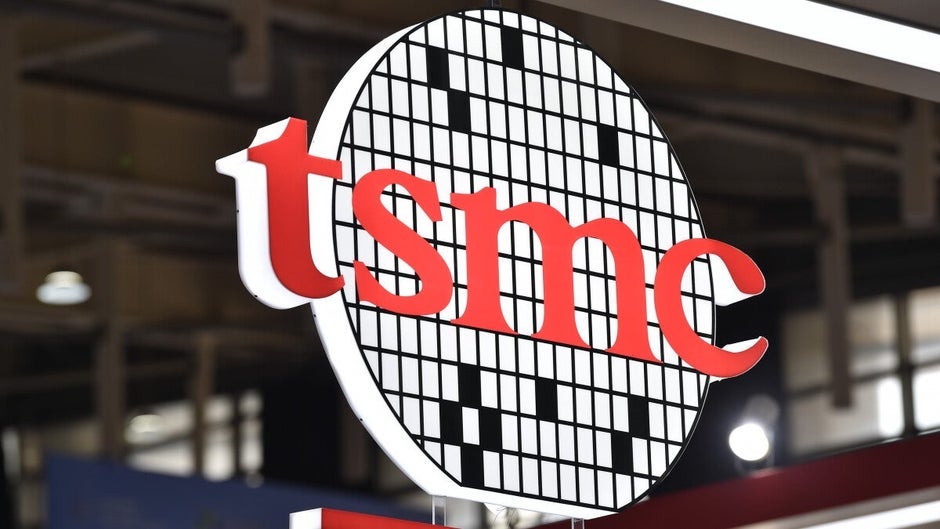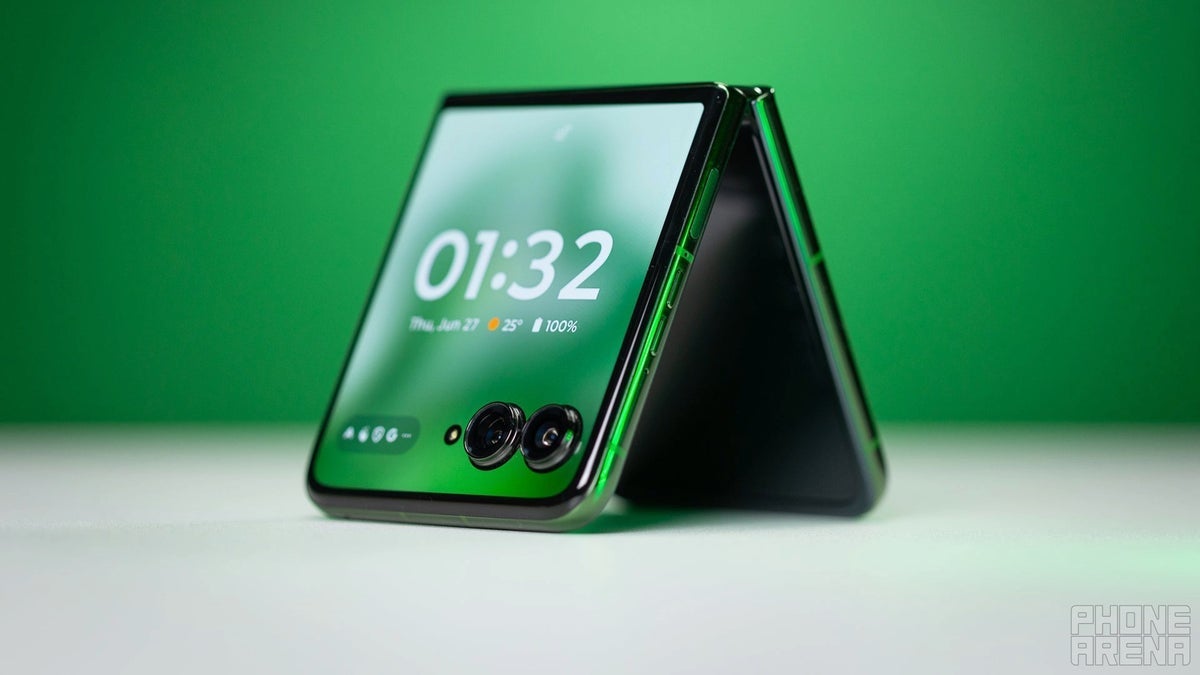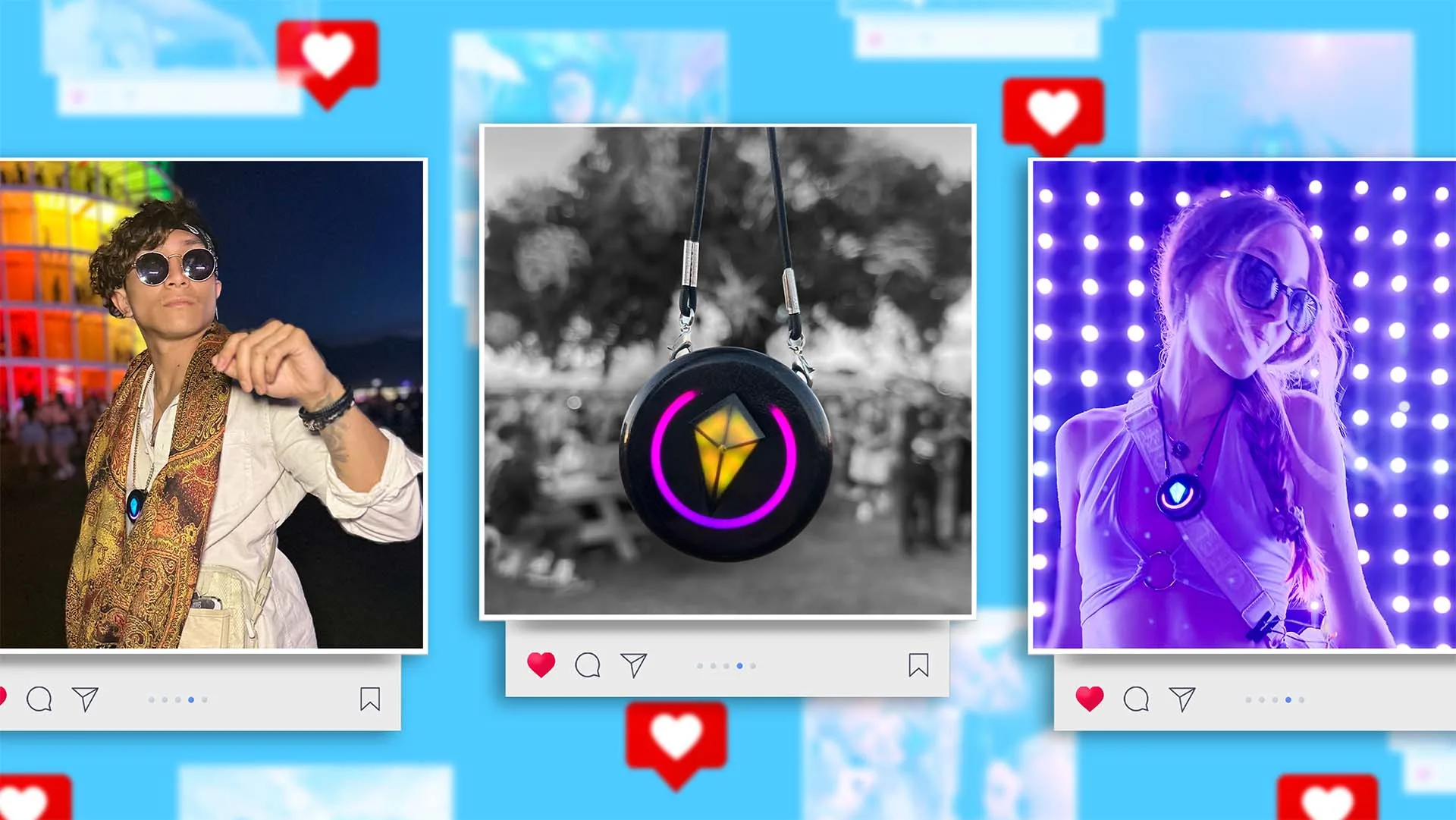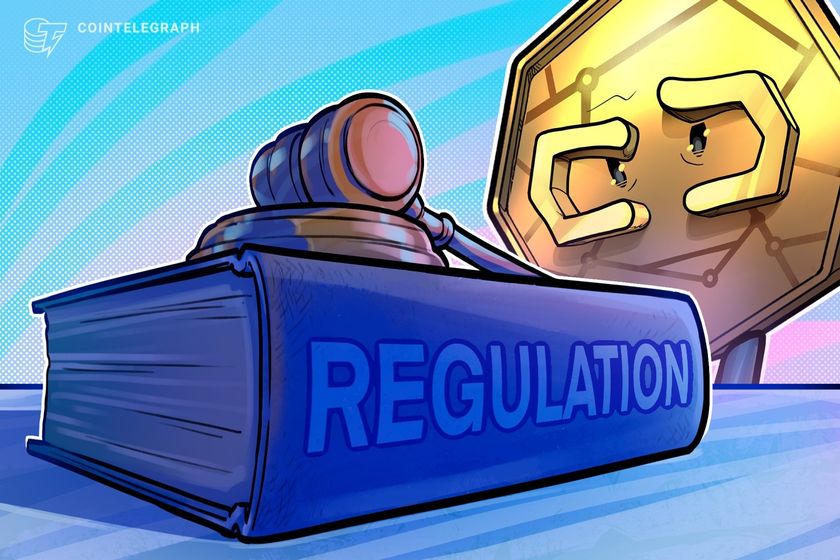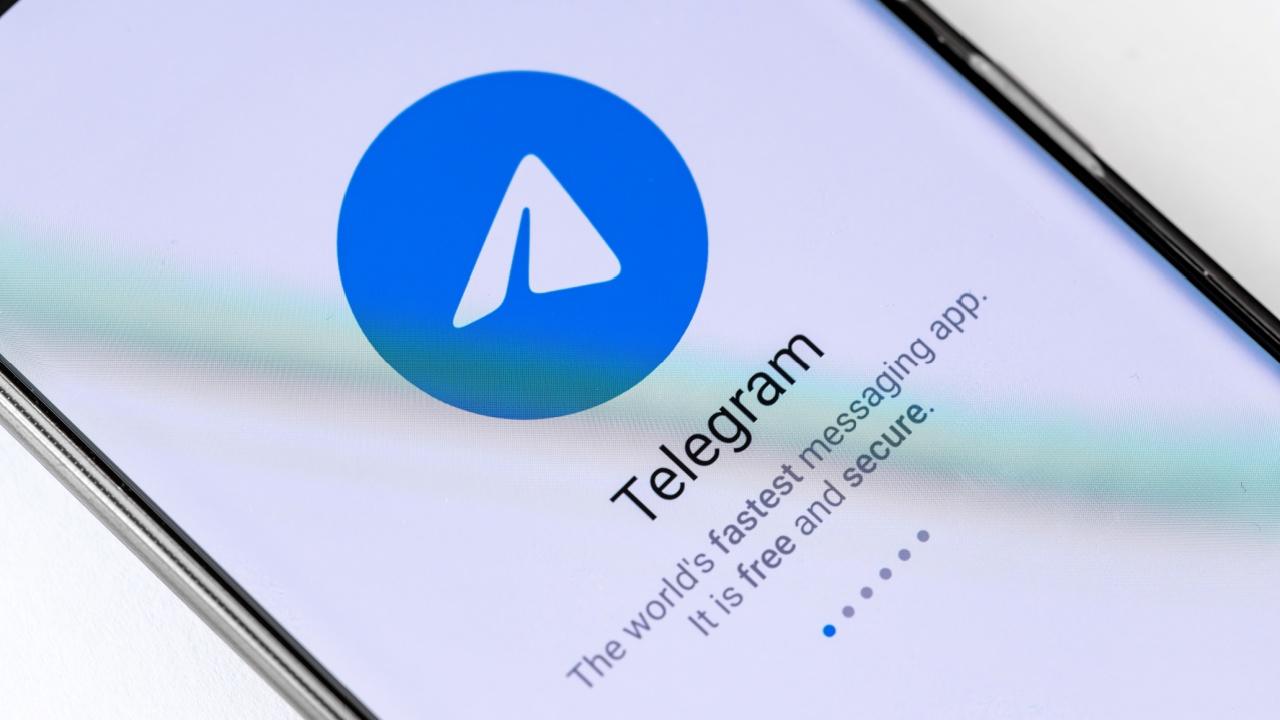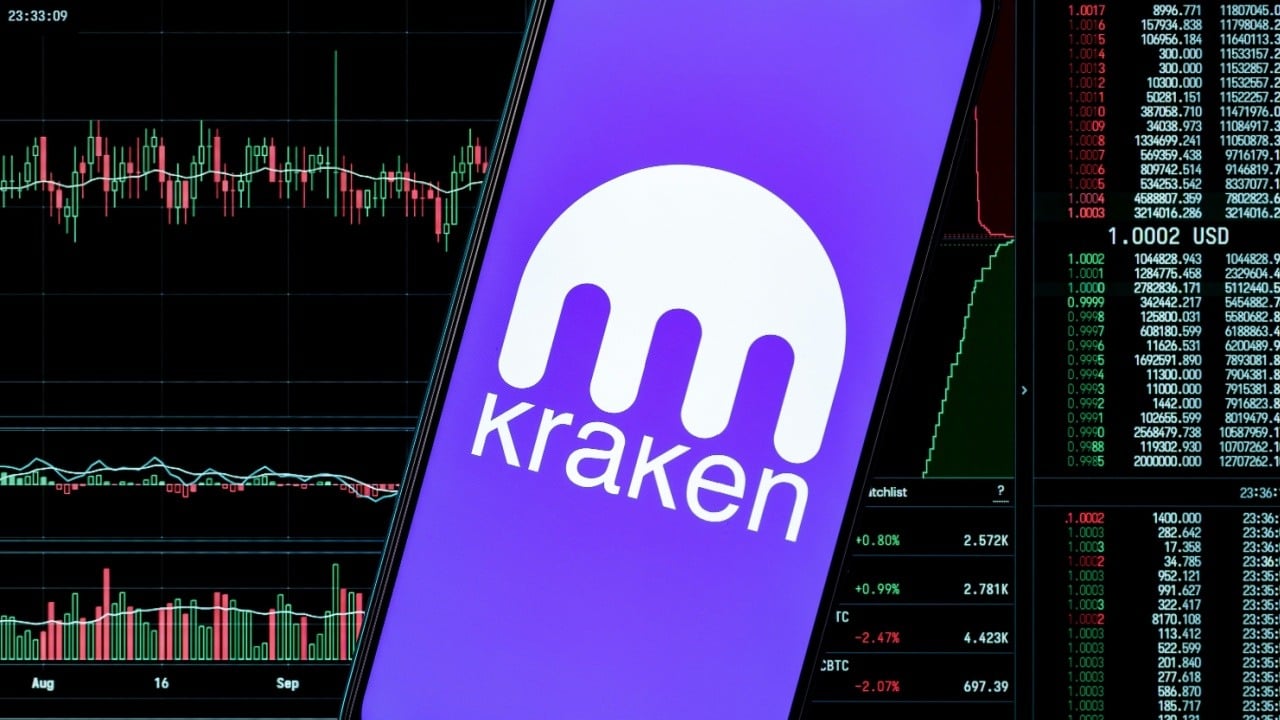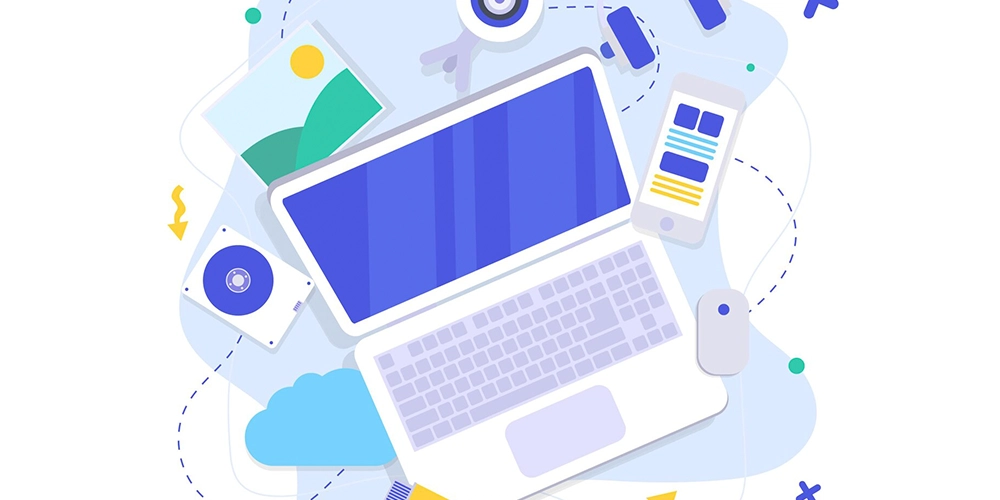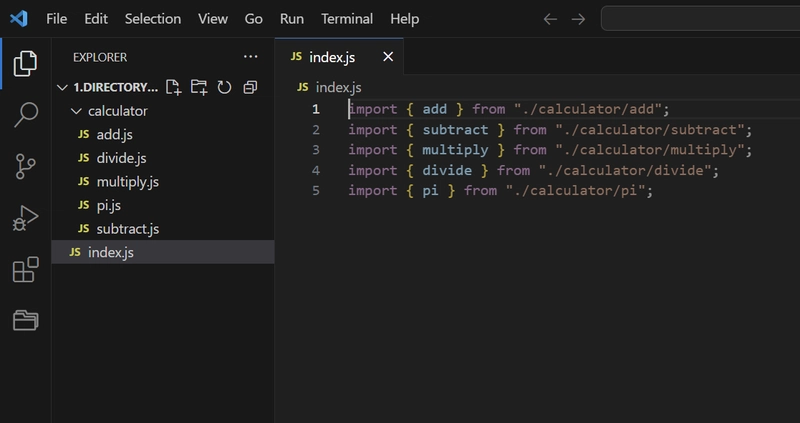Applications of Generative AI today?
Generative AI has made significant strides in recent years and is now widely used across various industries to create new content, solve complex problems, and enhance processes. Here are some key applications of Generative AI today: Content Creation: Generative AI is revolutionizing content creation by generating text, images, music, and videos. For example, language models like GPT-4 are used for generating blog posts, articles, and even code. Similarly, tools like DALL-E can create unique images from textual descriptions, helping in graphic design, advertising, and media production. Personalized Recommendations: Generative AI is used in recommendation systems by generating personalized suggestions based on user behavior. Streaming platforms like Netflix and Spotify use AI to suggest movies, shows, or music tailored to individual preferences, thereby enhancing user experience. Healthcare: In healthcare, Generative AI is applied to drug discovery, helping researchers design new molecules and compounds. It is also used in creating synthetic medical data for training machine learning models and aiding in medical imaging, generating enhanced and realistic images for diagnostics. Gaming and Virtual Worlds: In gaming, AI is used to create dynamic and immersive worlds. AI can generate environments, characters, and scenarios on the fly, enabling more interactive and engaging experiences. Generative AI is also used in simulations and virtual reality (VR) applications. Customer Service and Chatbots: AI-driven chatbots are improving customer service by providing instant and context-aware responses. Generative AI allows these bots to handle complex queries and generate natural, conversational dialogue. Generative AI’s potential is vast and continues to expand as more industries discover its benefits. As a growing field, Gen AI and machine learning certification are becoming highly valuable for professionals seeking to understand and apply these technologies effectively.
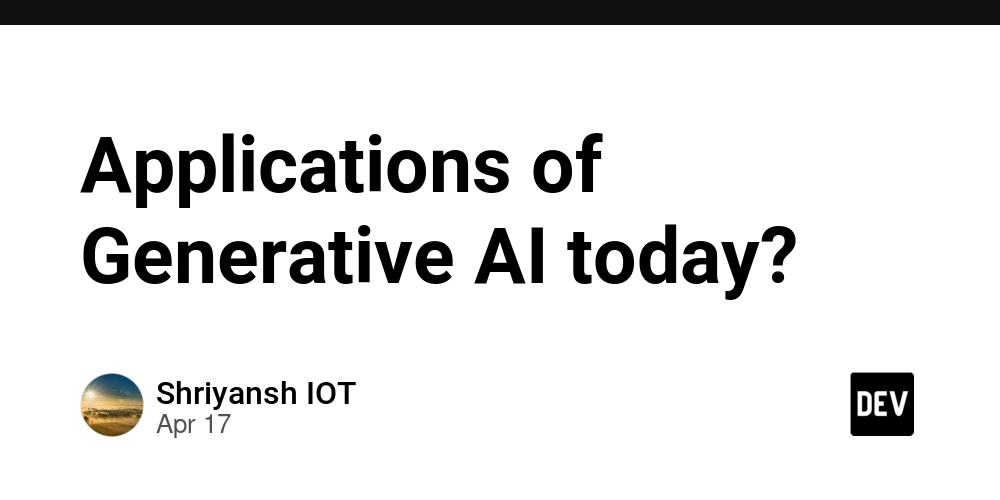
Generative AI has made significant strides in recent years and is now widely used across various industries to create new content, solve complex problems, and enhance processes. Here are some key applications of Generative AI today:
Content Creation: Generative AI is revolutionizing content creation by generating text, images, music, and videos. For example, language models like GPT-4 are used for generating blog posts, articles, and even code. Similarly, tools like DALL-E can create unique images from textual descriptions, helping in graphic design, advertising, and media production.
Personalized Recommendations: Generative AI is used in recommendation systems by generating personalized suggestions based on user behavior. Streaming platforms like Netflix and Spotify use AI to suggest movies, shows, or music tailored to individual preferences, thereby enhancing user experience.
Healthcare: In healthcare, Generative AI is applied to drug discovery, helping researchers design new molecules and compounds. It is also used in creating synthetic medical data for training machine learning models and aiding in medical imaging, generating enhanced and realistic images for diagnostics.
Gaming and Virtual Worlds: In gaming, AI is used to create dynamic and immersive worlds. AI can generate environments, characters, and scenarios on the fly, enabling more interactive and engaging experiences. Generative AI is also used in simulations and virtual reality (VR) applications.
Customer Service and Chatbots: AI-driven chatbots are improving customer service by providing instant and context-aware responses. Generative AI allows these bots to handle complex queries and generate natural, conversational dialogue.
Generative AI’s potential is vast and continues to expand as more industries discover its benefits. As a growing field, Gen AI and machine learning certification are becoming highly valuable for professionals seeking to understand and apply these technologies effectively.





























![[Webinar] AI Is Already Inside Your SaaS Stack — Learn How to Prevent the Next Silent Breach](https://blogger.googleusercontent.com/img/b/R29vZ2xl/AVvXsEiOWn65wd33dg2uO99NrtKbpYLfcepwOLidQDMls0HXKlA91k6HURluRA4WXgJRAZldEe1VReMQZyyYt1PgnoAn5JPpILsWlXIzmrBSs_TBoyPwO7hZrWouBg2-O3mdeoeSGY-l9_bsZB7vbpKjTSvG93zNytjxgTaMPqo9iq9Z5pGa05CJOs9uXpwHFT4/s1600/ai-cyber.jpg?#)










































































































































![[The AI Show Episode 144]: ChatGPT’s New Memory, Shopify CEO’s Leaked “AI First” Memo, Google Cloud Next Releases, o3 and o4-mini Coming Soon & Llama 4’s Rocky Launch](https://www.marketingaiinstitute.com/hubfs/ep%20144%20cover.png)

















































































































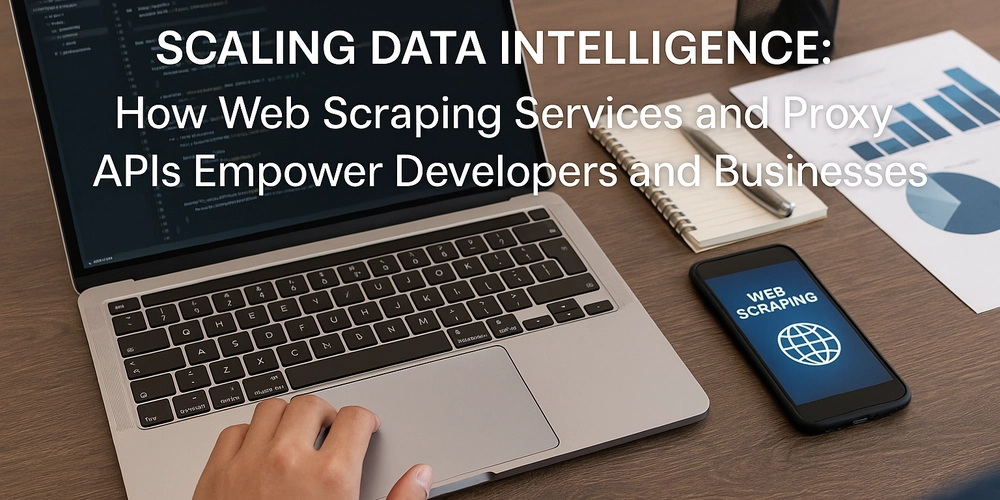

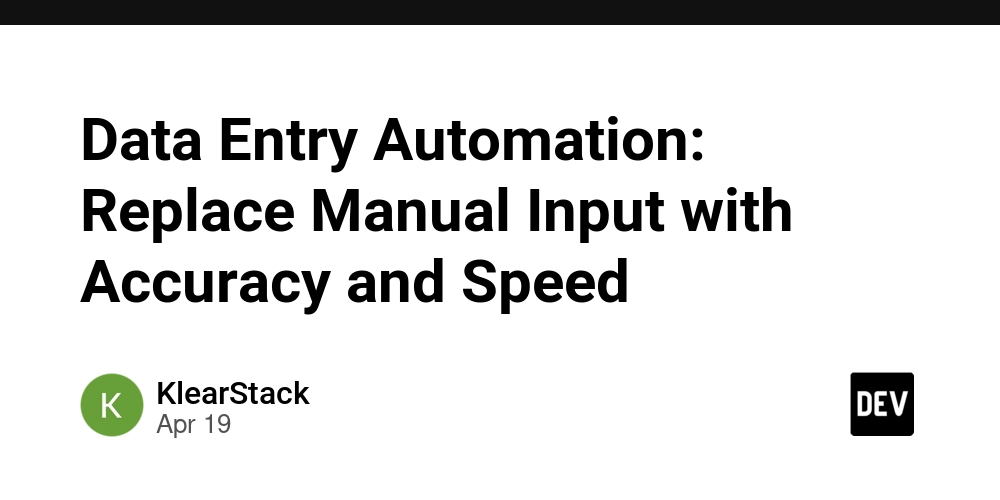









![[FREE EBOOKS] Machine Learning Hero, AI-Assisted Programming for Web and Machine Learning & Four More Best Selling Titles](https://www.javacodegeeks.com/wp-content/uploads/2012/12/jcg-logo.jpg)








































































![Rogue Company Elite tier list of best characters [April 2025]](https://media.pocketgamer.com/artwork/na-33136-1657102075/rogue-company-ios-android-tier-cover.jpg?#)


























































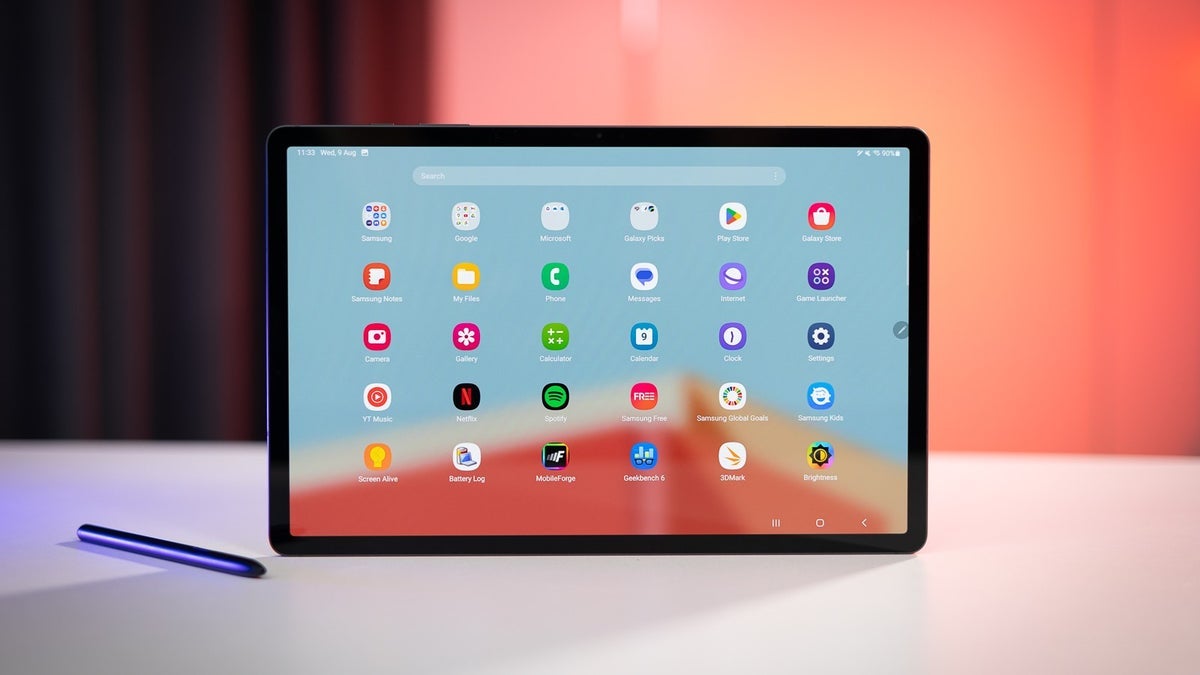


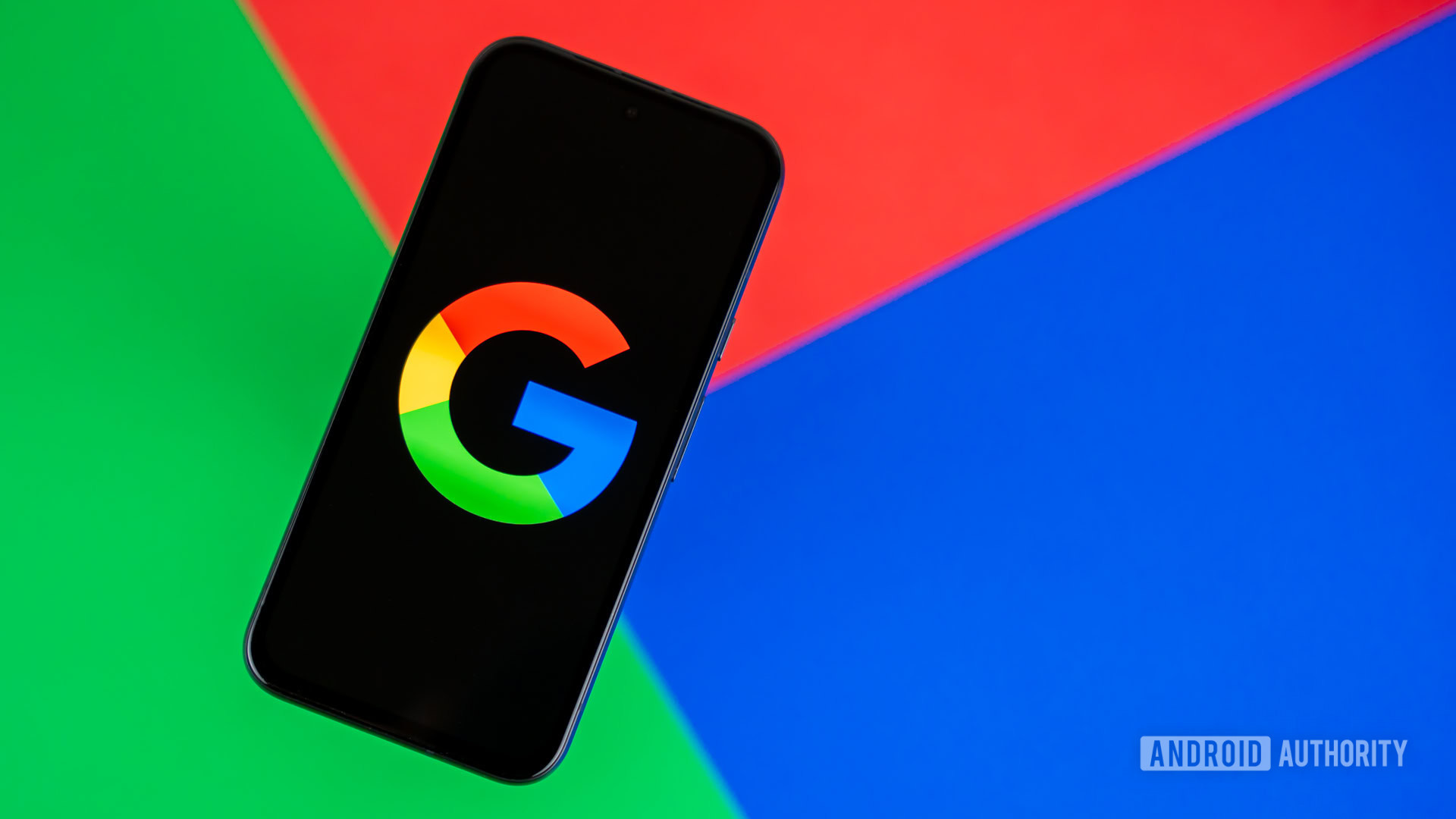










_Andreas_Prott_Alamy.jpg?width=1280&auto=webp&quality=80&disable=upscale#)

























































































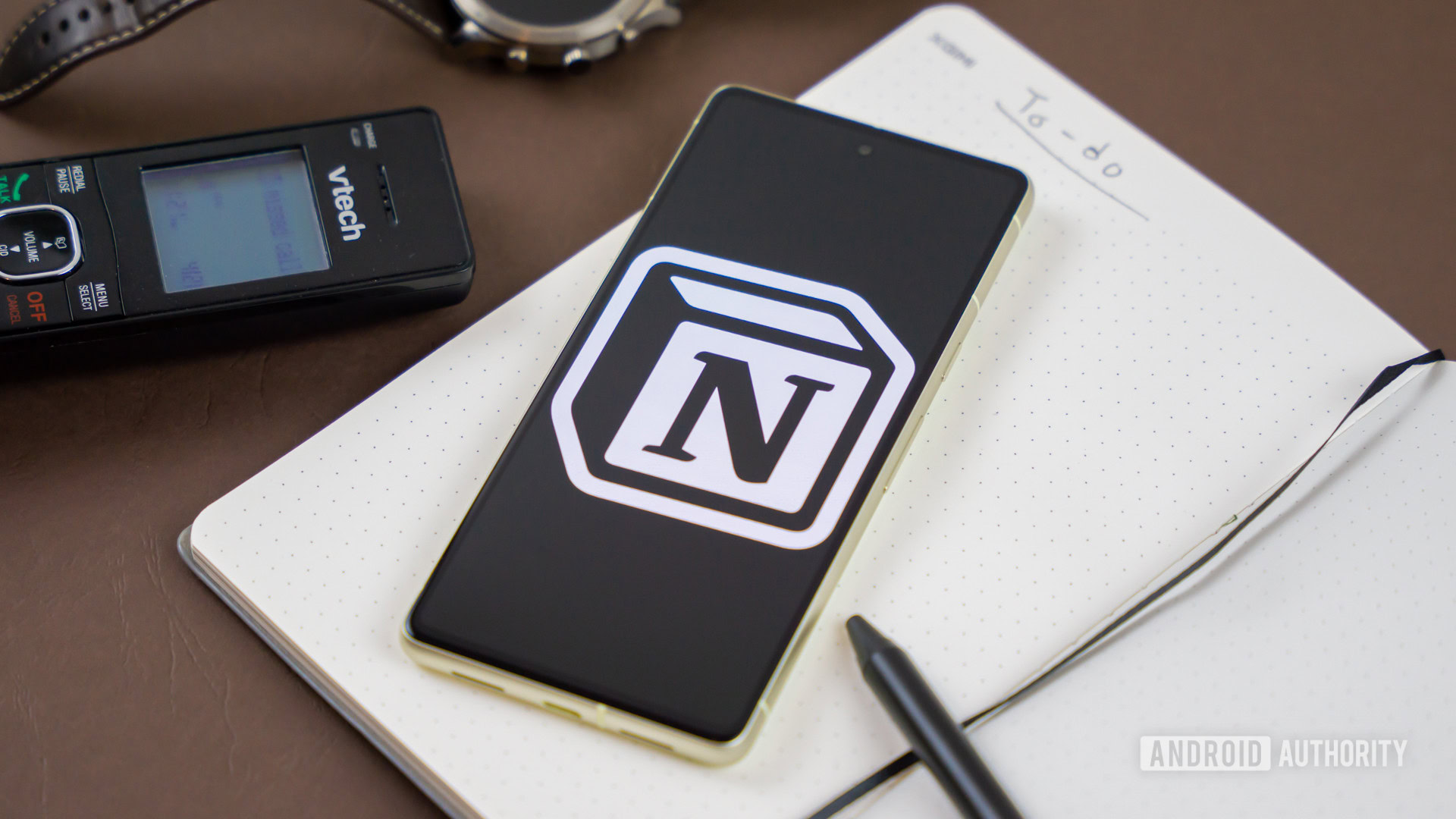




![What’s new in Android’s April 2025 Google System Updates [U: 4/18]](https://i0.wp.com/9to5google.com/wp-content/uploads/sites/4/2025/01/google-play-services-3.jpg?resize=1200%2C628&quality=82&strip=all&ssl=1)










![Apple Watch Series 10 Back On Sale for $299! [Lowest Price Ever]](https://www.iclarified.com/images/news/96657/96657/96657-640.jpg)
![EU Postpones Apple App Store Fines Amid Tariff Negotiations [Report]](https://www.iclarified.com/images/news/97068/97068/97068-640.jpg)
![Apple Slips to Fifth in China's Smartphone Market with 9% Decline [Report]](https://www.iclarified.com/images/news/97065/97065/97065-640.jpg)
















